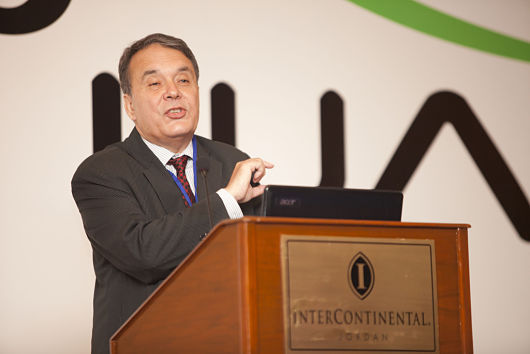Tackling Energy Poverty in Rural Pakistan

Each day, more of the world’s population gains access to electricity. Economic development, urbanization and aid programs have all helped increase global energy access. But 1.3 billion people still have no access to electricity, meaning that 18 percent of the world’s population is living in “energy poverty.” 97% of those living without electricity are located in either Sub-Saharan Africa or developing areas of Asia.
Electricity is vital for maintaining a clean water supply, sanitation systems and effective healthcare. It is also necessary for reliable lighting and heating, mechanical power, transportation and communication. It is crucial to a country’s economic development and its peoples’ well-being.
In Pakistan, only 67% of the population has access to electricity. In rural areas, this percentage dips even lower. However, the Sarhad Rural Support Programme (SRSP) is working to bring electricity to those living in rural Pakistan.
SRSP, a nonprofit founded in 1989, operates in the province of Khyber Pakhtunkhwa and the Federally Administered Tribal Areas, or FATA. The organization aims to empower communities, support economic and livelihood development, and provide humanitarian aid when necessary. Their overall goals are to reduce poverty levels and improve the quality of life in these regions. They have assisted in many areas, from providing relief after natural disasters to improving drinking water quality to building roads.
SRSP is making great strides in helping those in Khyber Pakhtunkhwa access electricity. They have been primarily working in the remote villages of the Hindu Kush mountains. Life in these villages is difficult — the area is prone to earthquakes and flooding and has been the site of many violent conflicts. However, the very mountains that isolate these villages have provided a source of energy for the people.
SRSP uses micro-hydro schemes powered by the glacier meltwater rivers that flow down the mountains to provide a sustainable source of energy. Micro-hydro schemes are able to provide electricity to whole communities while making very little impact on the environment. Since 2004, SRSP has built 189 micro-hydro schemes, bringing electricity to approximately 365,000 people. Over the next two years, the organization aims to reach 300,000 more people.
Having electricity has dramatically improved the quality of life for these villagers. Businesses can expand, communication is much easier, and students are able to study after dark and attain a better education. SRSP earned the 2015 Ashden International Award for Increasing Energy Access for their work in Khyber Pakhtunkhwa.
In today’s world, electricity is necessary for any nation to develop, and SRSP’s sustainable practices can help Pakistan to do so without harming the environment. Other regions in need of energy access, such as parts of Sub-Saharan Africa, could benefit from such systems. The model of using a region’s natural resources, from water to sunlight to wind, to provide power could work in other “energy poor” areas of the world. The methods used by SRSP prove that sustainable sources of energy can be hugely beneficial for expanding energy access while preserving a region’s natural ecosystems.
– Jane Harkness
Sources: Ashden, The Express Tribune, The Guardian, International Energy Agency, International Energy Agency 2, Sarhad Rural Support Programme, Sarhad Rural Support Programme 2
Photo: Sarhad Rural Support Programme
